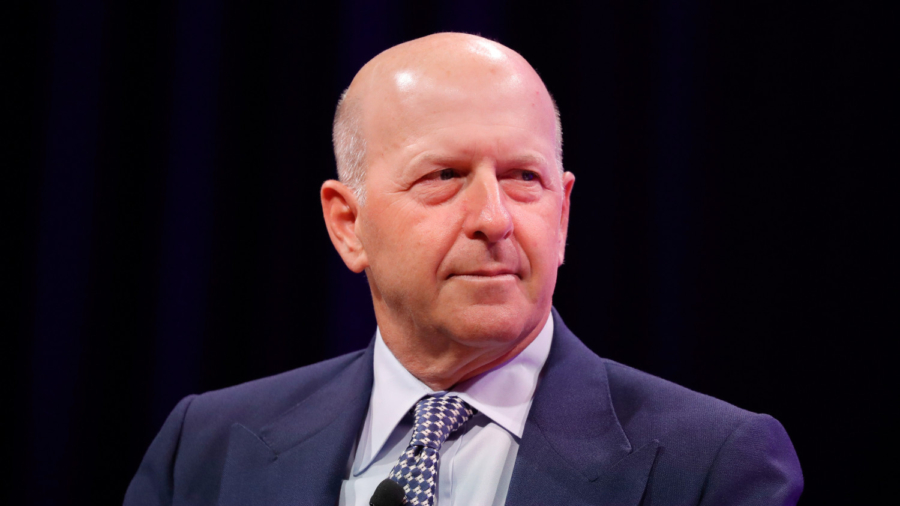Goldman Sachs CEO David Solomon warned that inflation is likely “deeply entrenched” in the global economy and it’s not clear whether it will improve this year.
“We see inflation deeply entrenched in the economy, and what’s unusual about this particular period is that both demand and supply are being affected by exogenous events, namely the pandemic and the war on Ukraine,” Solomon told analysts on call Monday, according to several news outlets.
Transitory inflation refers to higher prices that will be short-lived and will not lead to lasting economic damage. Entrenched inflation means it will linger around for longer and will become harder to reverse.
Some have speculated that entrenched inflation can lead to a wage-price spiral where employees ask their employers for wage increases as the cost of goods and services increases. As a result, companies pass on those costs to consumers.
“My dialogue with CEOs operating big global businesses, they tell me that they continue to see persistent inflation in their supply chains,” Solomon also said. “Our economists meanwhile say there are signs that inflation will move lower in the second half of the year. The answer is uncertain and we will all be watching it very closely.”
For months, Federal Reserve Chairman Jerome Powell has said that the central bank will attempt to prevent inflation from becoming entrenched.
When speaking to Congress in late 2021, Powell told lawmakers: “I assure you we will use our tools to make sure that this high inflation we are experiencing does not become entrenched,” although, at the time, he predicted that prices would come down by the second half of 2022. Data released for June shows the Consumer Price Index rose to 9.1 percent year-over-year, the highest figure in decades.
In June, the Federal Reserve raised rates by 75 basis points. Some Fed officials have signaled another rate increase could be coming in late July when the Federal Open Market Committee meets.
Solomon said he was concerned that the Federal Reserve’s attempts to fight inflation by raising interest rates might impact “corporate confidence and also consumer activity in the economy.”
“I expect there’s going to be more volatility and there’s going to be more uncertainty and in light of the current environment we will manage all our resources cautiously,” Solomon said.
Over the past weekend, White House economic adviser Jared Bernstein admitted that inflation in the United States is “unacceptably high,” saying he doesn’t believe a recession is looming.
“So, for example, inflation, which is unacceptably high—let’s get that clear right out of the gate—went up 1.3 percent in June. Again, an unacceptably high increase. Half of that increase is energy prices alone,” he argued. “Now, since then the price of gas has come down 50 cents a gallon. There are now 20,000 gas stations across this country where gas is below $4 a gallon.”
He said the Biden administration is attempting to decrease prices further, downplaying the risk of a downturn.
From The Epoch Times


